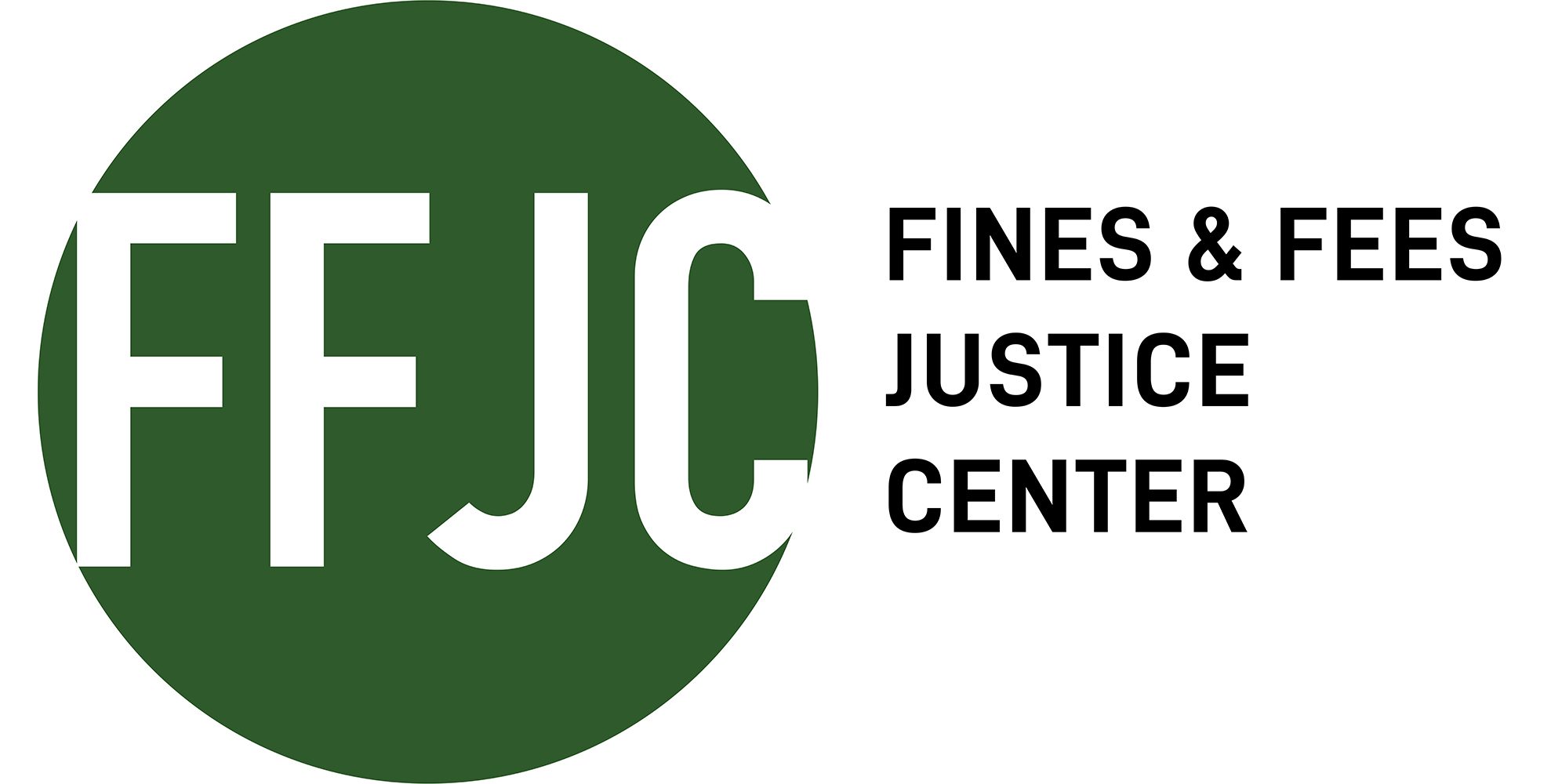Probation and Parole officers assess a 10 percent surcharge on all monies collected from probationers or parolees.
Financial penalties can serve as a barrier to successful rehabilitation and reentry. In addition to fines and restitution, probationers and parolees can be assessed supervision fees, court fees, technology fees, indigent defender fees, assessment fees, and processing fees. Furthermore, probation and parole (P&P) officers’ collection statistics are taken into consideration for promotions, creating a perverse incentive for collections rather than rehabilitation. This report provides an overview of supervision and legislation concerning fees and fines in Louisiana. The author, a former probation and parole officer, also offers opportunities to improve community supervision practices in Louisiana regarding fees and fines.
You can read the full text here.
Key Findings:
- The private collection agency that the Louisiana Department of Corrections (DOC) contracts with assesses an additional $4 from each payment mailed in.
- The Louisiana DOC Agency expected $15 million from fees and self-generated funds for FY 2021-2022.
- Probationers in Louisiana are required to pay between $60 and $110 per month in supervision fees by state law.
- Louisiana state law created a $65 processing fee for each new case opened by a P&P officer that a probationer or parolee must pay.
Recommendations:
- To create transparency and accountability on what happens to legal financial obligations (LFO) once collected, P&P officers should be responsible for all LFO collections to create a unified system of collections.
- Create a unified system of collections where P&P officers collect all LFOs ordered by the court to create transparency and accountability.
- Victim restitution payments by probationers and parolees must be prioritized over fines and fees collected.
- Eliminate the 10 percent collection fee on victim restitution.
- Develop training guidelines for P&P officers around ethical collection practices.
